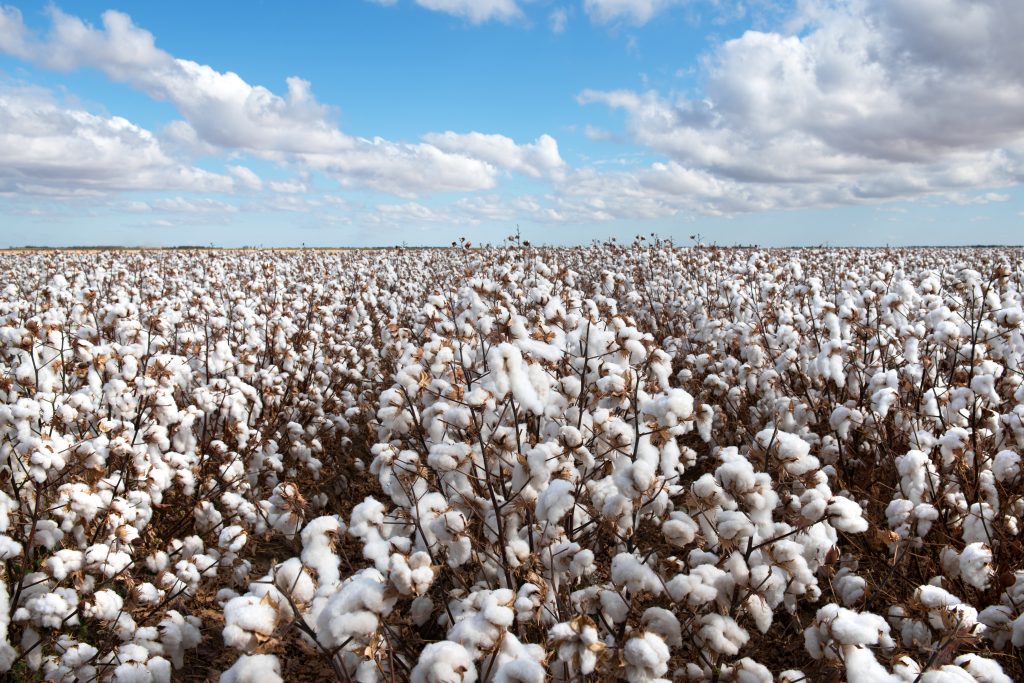
Farm Director KC Sheperd is talking with BASF’s Western Region Agronomic Manager, Kenny Melton, about planting disease-resistant cotton varieties and products that can boost cotton production and mitigate disease.
Melton first discussed the main diseases cotton producers need to be aware of during the growing season, emphasizing the importance of planning and being aware of past issues in specific fields. As producers look into what varieties of cotton they will be planting this year, Melton said it is critical to consider past issues in those fields because diseases typically recur in the same fields.
For example, Melton said Verticillium wilt is a disease that stays within the field and may increase slightly year over year.
“We at FiberMax have many varieties that have very good tolerance to Verticillium wilt,” Melton said. “There is not anything totally immune to Verticillium wilt out there, but we have some of the best varieties out in the market today in terms of tolerance for Verticillium wilt.”
Another issue Melton discussed is bacterial blight in cotton. While bacterial blight may not be an issue every year, more humid conditions can support development.
“Actually, all of the FiberMax, say, one of our new ones, is actually resistant to bacterial blight, so we have got a good portfolio in terms of handling that disease,” Melton said.
Regarding root-knot nematodes, Melton said they typically occur at the same time as Verticillium wilt. For those impacted areas, Melton said it is best to dig up the roots and not just pull them out of the ground.
Melton said BASF offers a prime seed treatment with enhanced rates of some key fungicides to offer some protection against particular diseases.
“There is just a complex of those early seedling diseases,” Melton said. “When you get cool, wet weather, those things can really devastate a stand and really reduce it to where it causes you to have a replant, even.”
Melton also introduced the company’s transition to a new herbicide technology, Axant Flex. This technology includes genes for glyphosate, Liberty, and Dicamba tolerance and a gene for Alite 27 herbicide tolerance, although it is still awaiting EPA approval.
“We are working with the EPA to get the label for the Alite 27,” Melton said. “We hope to have that by the end of this year, but it is more likely sometime in 2025.”
To learn more about BASF, CLICK HERE.

















